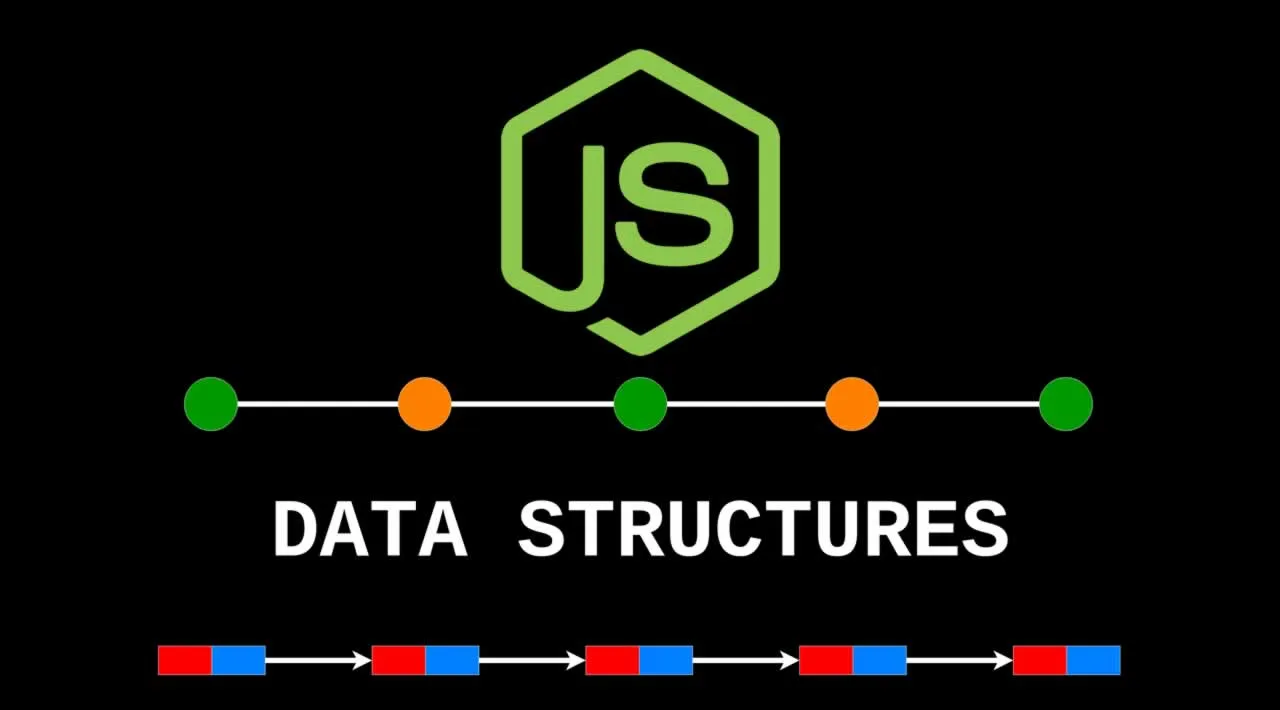Learn how to use linked lists in Node.js with this comprehensive beginner's guide. Discover how to implement and use linked lists to solve common programming problems and write more efficient code.
Before you learn about the why, how, and when to use a linked list data structure for your project it is crucial to conceptualize how a linked list works.
What is a Linked List?
A linked list is a linear data structure stored randomly in memory and is made up of nodes that contain a value and a pointer.
So, a linked list is a linear data structure. This means that the data is “chained” one after the other in a linear fashion. Think of it like you are waiting in line; people exist one after another. When you approach a line you know who is first and last in line by identifying that there are no people behind/in front of them, while every other person has one in front and one behind. Similarly, a linked list or any other linear data structure keeps its data in order one after another.
You are probably thinking that a linked list is similar to an array. You would be right to make this assumption because they both use a linear data structure to organize data. But they are different because in a linked list the data is stored randomly in memory while the data in an array is stored together. For programmers, this means all of the data in an array can be accessed from a single reference in memory. In simpler terms, this means that the computer program only has to find the start of the array and it knows that for every x bytes (dependant on the data type) the next value will follow until it finds the end of the array. JavaScript knows by checking the length of the array when the array is declared. Linked lists do not use this strategy. Instead, when a linked list is called, JavaScript points to the head, and the rest of the data is scattered in memory, through the use of pointers within each node, the sum of data is still stored linearly.
#nodejs #datastructures #algorithms
